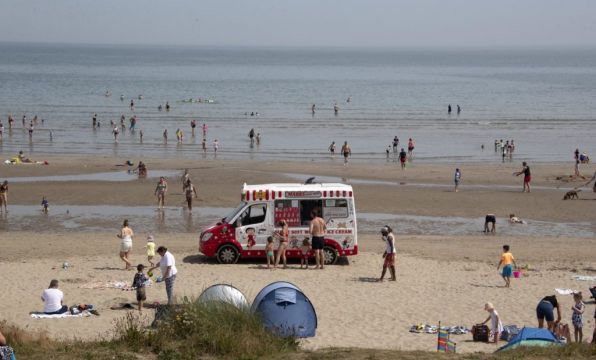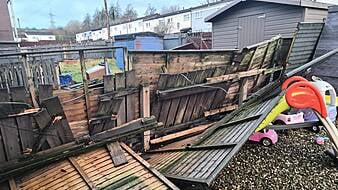Climatologist John Sweeney has warned the world was effectively reaping the rewards of inaction on climate change.
Recent heatwaves in Europe were a consequence of the lack of action, he told RTÉ radio’s Morning Ireland.
“We're seeing a more marked intensification of heatwaves, a more marked intensification of the frequency and intensity of them by three to four times the average for this part of the middle latitudes.
“It's something that we have been telling people about for many years now but certainly this has been a brutal summer in much of Europe. We know now for example that the heatwave last month in the UK was ten times more likely as a consequence of what we've been doing to climate.
“So, we're effectively reaping the rewards of much of the inaction that the globe has had on this topic over many years now and that consequence is coming home to roost big time in Europe.”
Professor Sweeney said that river flows had dramatically reduced over much of the continent. The River Rhine was down to less than 50 centimetres in depth near Koblenz, effectively cutting off that artery of transport and freight.
Running out of water
The River Po in Northern Italy was down to about 10 per cent of its average flow at this time of year, while Spain had suffered more than most European countries from the whole sequence of heatwaves this summer, he added.
Europe was running out of water and heatwaves were now being named in an effort to sensitise people in the same way the public was sensitised to winter storms and to hurricanes.
“It's an example of Europe going down this road of increasing extremes and increasing hardship and not just in terms of consequences but in terms of mortality. The official statistics from Spain and Portugal are showing now that over 1,000 people died in that spike in temperatures last month. We can expect to see that happening in many other parts of Europe as the data comes out.
“Heatwaves have consequences for us all.”
Prof Sweeney said that drought will threaten harvests in Europe with “savage reductions” in the rice harvest in Italy, while the cereal harvest will also be considerably reduced, and there will also be an impact on milk production in Ireland.
“Industrially we're going to see quite serious consequences from those very low river flows, if, for example, the Rhine becomes closed to navigation, which is not unlikely in the next few weeks, then we're going to see movement of freight on to more expensive road and rail arteries.
“We're going to see cost of living problems being enhanced, reductions in hydro power, reductions in nuclear power from reduction in cooling water availability.
"We're going to see all sorts of consequences that we haven't even thought about in terms of reductions in Alpine glaciers that feed those rivers in the longer term.
“It has quite serious consequences in a knock on way.”







